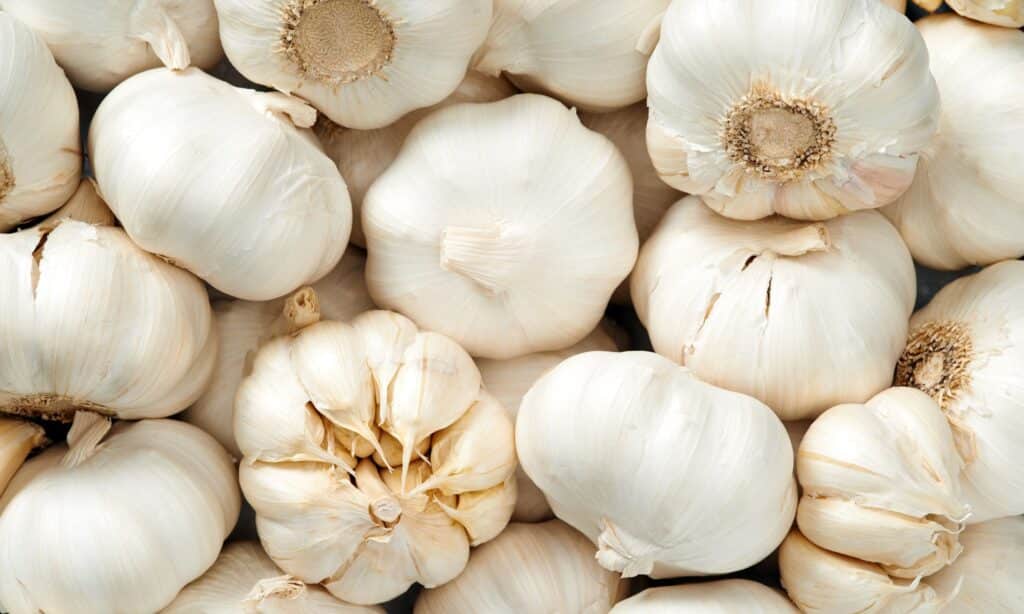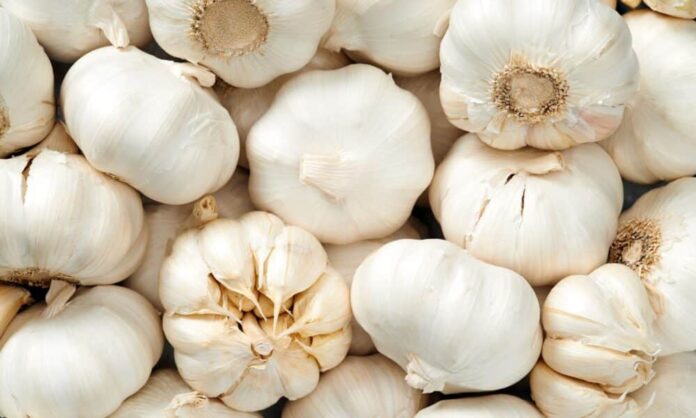The Dangers of Garlic for Dogs: What Pet Owners Need to Know
Garlic is a popular ingredient known for enhancing the flavor of various dishes. However, while it may be beneficial for humans in preventing heart disease, high cholesterol, and high blood pressure, garlic poses significant risks to dogs. This article will explore why garlic is toxic to dogs and the potential consequences of its consumption.
Understanding Garlic and Its Toxicity
Garlic belongs to the Allium family, which includes onions, shallots, leeks, and chives. The toxicity in garlic is attributed to compounds called disulfides and thiosulfates, which can be harmful to dogs and cats. Consumption of these compounds can lead to serious health issues in pets, including:
- Heinz body anemia
- Methemoglobinemia
- Hemolytic anemia
These conditions can damage the red blood cells in your pet’s body, making them fragile and more susceptible to rupture.
Signs of Garlic Poisoning in Dogs
Pet owners should be vigilant for signs of garlic poisoning, which may include:
- Vomiting
- Diarrhea
- Drooling
- Abdominal pain
- Weakness
- Lethargy
- Panting
It is important to note that the toxic effects of garlic can manifest 1 to 3 days after ingestion, which may delay the onset of symptoms.

Safe Garlic Consumption Levels for Dogs
The harmful threshold for garlic in dogs is estimated to be between 15 and 30 grams per kilogram of body weight. If you suspect that your dog has consumed garlic, it’s critical to contact a veterinarian immediately, even if they appear healthy at the time.
Common Misconceptions About Garlic Bread
Many dog owners may mistakenly believe that small amounts of garlic in garlic bread are safe for their pets. However, garlic bread often contains additional ingredients such as butter, oil, cheese, and herbs, which can cause gastrointestinal upset in dogs without providing any nutritional benefits. Furthermore, the combination of these ingredients can contribute to unnecessary calories and fat in your dog’s diet.
The Debate Over Garlic Supplements for Dogs
Despite the clear risks associated with garlic, some pet owners and websites promote garlic supplements for dogs as natural wellness aids or as deterrents for fleas and ticks. This contradictory advice can create confusion among pet owners. Scientific studies have not consistently supported the efficacy of garlic as a health supplement for pets, emphasizing the need for caution.
Conclusion
In summary, while garlic may offer health benefits to humans, it is critical for pet owners to understand that it can be dangerous for dogs. If you suspect your dog has ingested garlic or shows any symptoms of poisoning, seek veterinary assistance immediately. Always prioritize safe and vetted dietary choices for your furry friends.












